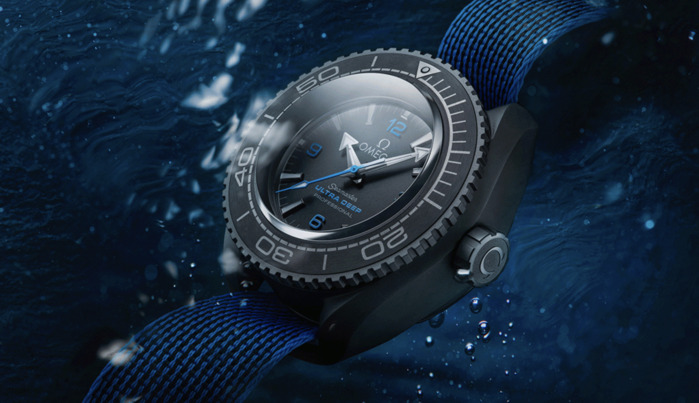
Dr. Sanjay Gupta: Why You Should Brush Your Teeth Before Breakfast
We all know we should brush and floss our teeth. But the reason goes beyond a sparkling smile and keeping bad breath at bay. The mouth is a critical and often overlooked organ when it comes to improving overall health. Dr. Sanjay Gupta sits down…
Thought Leader: Sanjay Gupta






